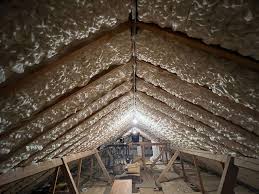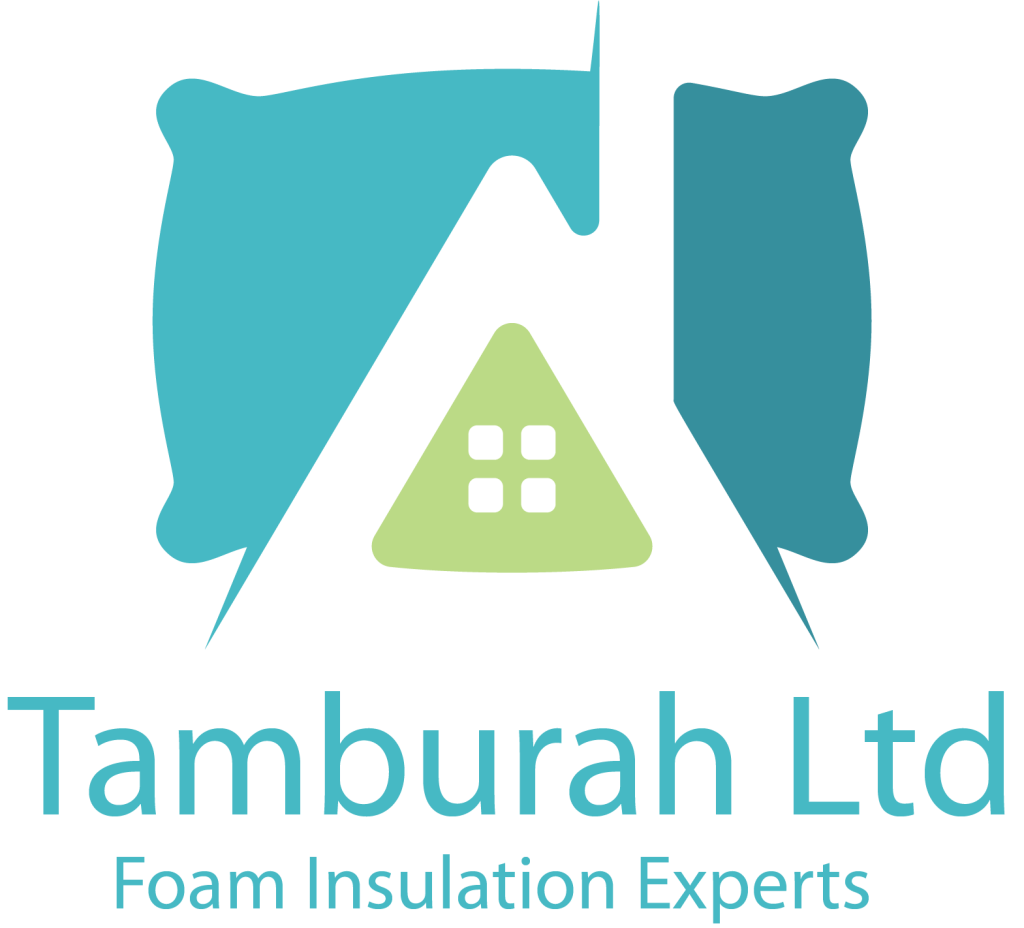
How Spray Foam Insulation Makes Attics Eco-Friendly
Keeping Your Dublin Home Cosy and Eco-Conscious
Attics are often the forgotten culprits behind energy inefficiency in Dublin homes. Hot air rises, escaping through poorly insulated attic spaces during winter, while cool air struggles to stay put during the summer months. This constant battle to maintain comfortable temperatures translates to skyrocketing energy bills and a larger carbon footprint.
Thankfully, there’s a solution that’s both eco-friendly and effective: spray foam insulation. This innovative material is revolutionising attic insulation in Dublin by offering a range of benefits that go beyond simply saving money.
The Role of Attic Insulation in Energy Efficiency
Attic insulation is a critical component in maintaining a home’s energy efficiency. In Dublin, where seasonal temperature variations can lead to increased heating and cooling demands, proper insulation is essential. The attic insulation in Dublin, often the most significant source of energy loss in a home, needs effective insulation to prevent heat from escaping during the winter and to keep the home cool during the summer. This is where spray foam insulation comes into play.
Why Spray Foam Insulation?
Spray foam insulation is lauded for its superior insulating properties compared to traditional insulation materials like fibreglass or cellulose. It creates an airtight seal that drastically reduces air leakage, which is a common issue in many homes. By filling every nook and cranny, spray foam insulation ensures that no heat escapes, making it an excellent choice for attic insulation.
Environmental Benefits of Spray Foam Insulation
One of the most compelling reasons to choose spray foam insulation is its positive environmental impact. As Dublin homes strive to become more eco-friendly, the benefits of this insulation method extend beyond energy savings.
1. Reduction in Energy Consumption
Spray foam insulation significantly reduces the amount of energy required to heat or cool a home. By creating a robust barrier against temperature fluctuations, it lessens the need for constant heating in the winter or air conditioning in the summer. This reduction in energy use directly translates to a lower carbon footprint, making it a green choice for environmentally conscious homeowners.
2. Durability and Longevity
Unlike other insulation materials that may degrade over time, spray foam insulation is incredibly durable. It does not sag or settle, ensuring that the insulation remains effective for many years. This longevity means fewer materials are needed over the home’s lifetime, reducing waste and the environmental impact associated with replacement and disposal.
3. Reduction in Greenhouse Gas Emissions
Spray foam insulation contributes to lower greenhouse gas emissions by reducing energy consumption in homes. Additionally, some spray foam products are manufactured using low Global Warming Potential (GWP) blowing agents, further minimising their environmental footprint.
4. Water and Moisture Resistance
Moisture in the attic can lead to mould and mildew growth, which not only harms indoor air quality but can also damage the structure of the home. Closed-cell spray foam insulation acts as a barrier against moisture, helping to maintain a healthy, dry attic space. This moisture resistance contributes to the overall sustainability of the home by preventing decay and the need for frequent repairs.
How Spray Foam Insulation Works
Spray foam insulation is applied as a liquid that quickly expands into a foam, filling gaps and sealing leaks. There are two main types of spray foam insulation used in attics: open-cell and closed-cell.
Open-Cell Spray Foam
Open-cell spray foam is less dense, providing good insulation and soundproofing at a lower cost. However, it is more permeable to moisture, which means it might not be suitable for all attic environments, particularly in areas prone to dampness.
Closed-Cell Spray Foam
Closed-cell spray foam is denser and provides a higher R-value, which means it has better insulating properties. It also adds structural integrity to the attic and serves as an effective barrier against moisture. For Dublin homes, where weather conditions can be unpredictable, closed-cell spray foam is often the preferred choice.
Cost Considerations: Is Spray Foam Insulation Worth the Investment?
While the upfront cost of spray foam insulation is higher than traditional materials, the long-term benefits often justify the investment. Dublin homeowners can expect to see a return on investment through energy savings, increased comfort, and potentially higher property values.
Energy Savings
The most immediate benefit of spray foam attic insulation is the reduction in energy bills. By preventing heat loss in the winter and reducing the need for air conditioning in the summer, homeowners can see a significant decrease in their utility costs. Over time, these savings can offset the initial installation cost of spray foam insulation.
Increased Property Value
Energy-efficient homes are increasingly in demand, and having spray foam insulation can be a selling point for potential buyers. Homes with lower energy costs and a reduced environmental footprint are more attractive in today’s market, potentially increasing the resale value of the property.
Grants and Incentives
Dublin homeowners may also be eligible for government grants and incentives aimed at promoting energy efficiency. These programs can help offset the initial costs of installing spray foam insulation, making it a more affordable option for many households.
The Installation Process: What to Expect
Installing spray foam insulation is a task best left to professionals. The process involves several critical steps to ensure the insulation is effective and safe.
1. Preparation
Before installation, the attic must be prepared by removing any old insulation and clearing debris. This step is crucial to ensure that the spray foam adheres properly to the surfaces.
2. Application
Professional installers use specialised equipment to apply the spray foam. The foam expands on contact, filling every gap and creating an airtight seal. This process requires precision and expertise to ensure complete coverage and to avoid issues like over-expansion.
3. Curing
After application, the foam needs time to cure and harden. This typically takes a few hours, depending on the specific product used and the conditions in the attic. Once cured, the insulation forms a rigid, durable layer.
4. Inspection
Finally, the installer will conduct a thorough inspection to ensure that the entire attic is insulated correctly. Any missed spots or issues can be addressed immediately, ensuring the insulation performs as expected.
Maintenance and Longevity
One of the significant advantages of spray foam insulation is its minimal maintenance requirements. However, it’s a good idea to periodically check the attic for signs of damage, particularly after severe weather events. Should any issues arise, it’s important to contact a professional to assess and repair the insulation promptly.
Conclusion: Making the Green Choice
Spray foam attic insulation offers Dublin homeowners a powerful tool in the fight against energy waste and climate change. By choosing spray foam, you are not only investing in the comfort and efficiency of your home but also contributing to a greener, more sustainable future. The long-term benefits, from energy savings to increased property value, make spray foam insulation a wise investment for any homeowner committed to going green.
Ready to Make the Switch?
If you’re considering upgrading your attic insulation in Dublin, spray foam is an excellent choice. Partnering with a reputable and experienced spray foam insulation contractor like Tamburah ensures you’ll receive a high-quality installation that maximises the benefits of this innovative material.
Tamburah is a leading provider of spray foam insulation services across Ireland. They focus on enhancing energy efficiency and comfort in living spaces for both residential and commercial clients. Their team of experts understands the unique requirements of each project and prioritises using eco-friendly, cost-effective solutions.
Taking the Next Step
For a free quote and expert advice on spray foam insulation for your Dublin home, contact Tamburah today. Their team can answer all your questions and help you determine if spray foam is the right choice for your attic insulation needs. Remember, a well-insulated attic creates a more comfortable, energy-efficient, and sustainable living environment for you and your family.
